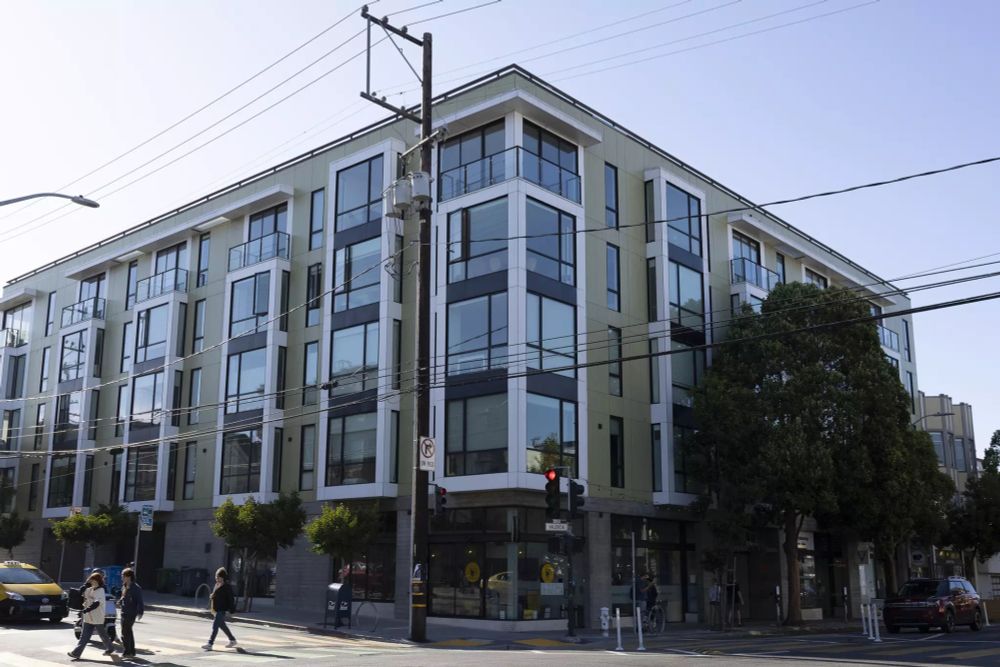Condo defect liability is very wonky but we absolutely need to fix it to make urban homeownership available to middle-class people.
If we don't get this right, ~all the new apartments will continue to be rentals and the only new starter homes for ownership will be in exurban sprawl.

SF condo owners are suing themselves onto a mortgage blacklist
Builders are liable for defects in new construction projects in California, but a system built around litigation has choked development and stalled sales.
![Quote from Veiller: "[D]o everything possible in our laws to encourage the construction of private dwellings and even two- family dwellings, because the two-family house is the next least objectionable type, and penalize so far as we can in our statute, the multiple dwelling of any kind... If we require multiple dwellings to be fireproof, and thus increase the cost of construction; if we require stairs to be fireproofed, even where there are only three families; if we require fire escapes and a host of other things, all dealing with fire protection, we are on safe grounds, because that can be justified as a legitimate exercise of the police power... In our laws let most of the fire provisions relate solely to multiple dwellings, and allow our private houses and two-family houses to be built with no fire protection whatever (NHA Proceedings 1913, 212)."](https://cdn.bsky.app/img/feed_fullsize/plain/did:plc:mcarhragq2bw4wzlu3tdbubf/bafkreifuevrucumm4am4sja6p4p4vymzung23ln4ld77ooartrhgxferiu@jpeg)
